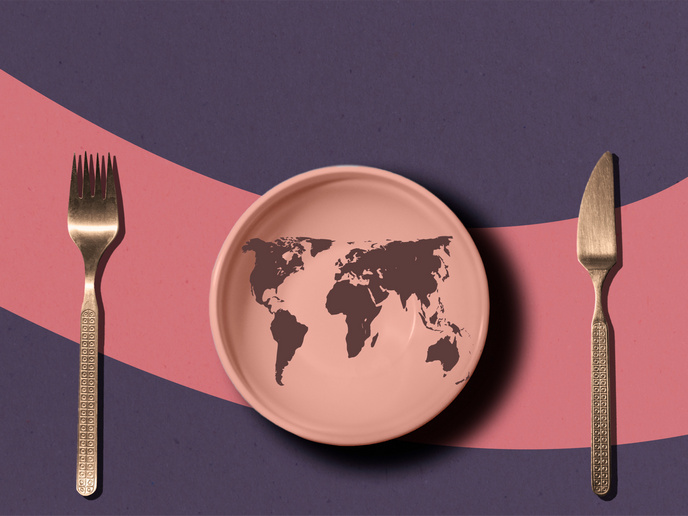Peruvian potato protection
The potato is native to the central Andes, where thousands of years of cultivation have produced many varieties. Agricultural practices introduced during the 1960s’ green revolution greatly reduced the diversity, which organisations such as the Potato Park in Cuzco are attempting to reclaim. The EU-funded BIOVALUE (Cultural and bio - diversity protection through heritage policies) study documented the Andean potatoes’ regimes of value in protected areas. The project analysed the impact of germplasm conservation efforts. The Potato Park operates at Cuzco in the Peruvian highlands, this is run by numerous national actors and international conservation NGOs. BIOVALUE studied potato genetic conservation both at local and global levels. Researchers tracked the potatoes’ social biographies, thereby illustrating the multiplicity of values tubers receive. Results highlighted a limited commoditisation process for some tubers. Researchers noted that residents of the Peruvian highlands regard potatoes as companion species that possess affects and vitality. Thus, the team used the actor oriented and network approaches to assess how local peasants appreciate the variety of tubers. The study suggests that peasants see their communities as being composed of various actors, that is human and non-humans compositions. As such, the team worked to assess the economic, cultural and social values of potatoes. Investigators highlighted the key role of cosmological orientations in conservation practices, and how these practices in turn affect the existence of local people. Researchers determined that local practices involve rituals of care and respect for the potatoes. Hence, the team also detailed the interfaces by which heritage policies can strengthen the human-non-human, crop relationship that is central to agrobiodiversity conservation in this territory. Findings also indicated that the Potato Park brings together potatoes, peasants and agricultural experts in a kind of new type of politics (cosmopolitics). According to the literature, cosmopolitical worldviews attempt to highlight new existences in an era of increasing circulation of people, goods, ideas and capital. Cosmopolitics also generally include relationships with non-human entities and encounters between diverse ontologies. Therefore, the team suggested finding the compatibilities in rural development studies and conservation literature to highlight different aspects of conservation for sustainable change. BIOVALUE’s work led to a redefinition of the notion of a cosmopolitan crop (potatoes), which may aid efforts to conserve potato biodiversity and support social change.







